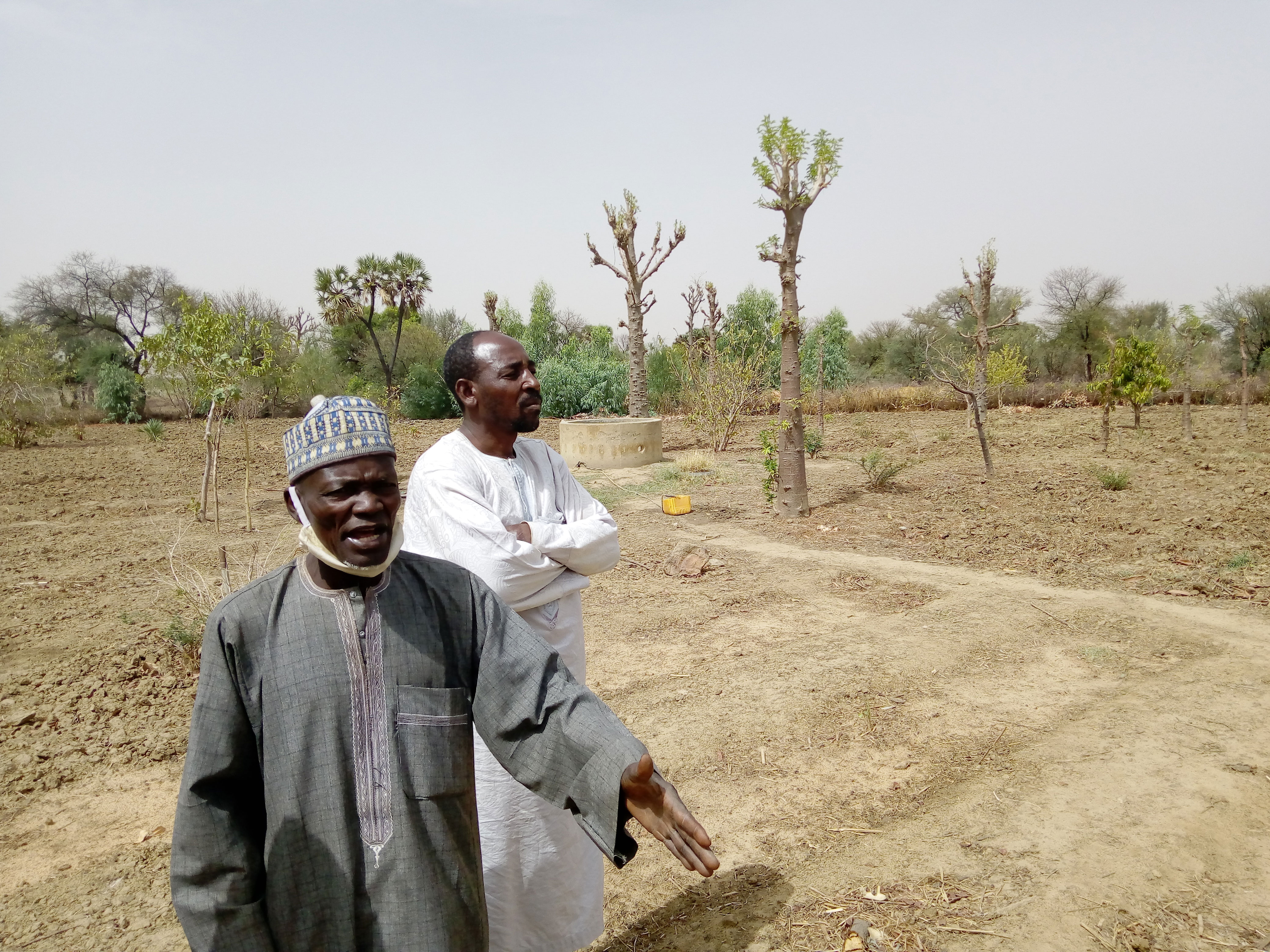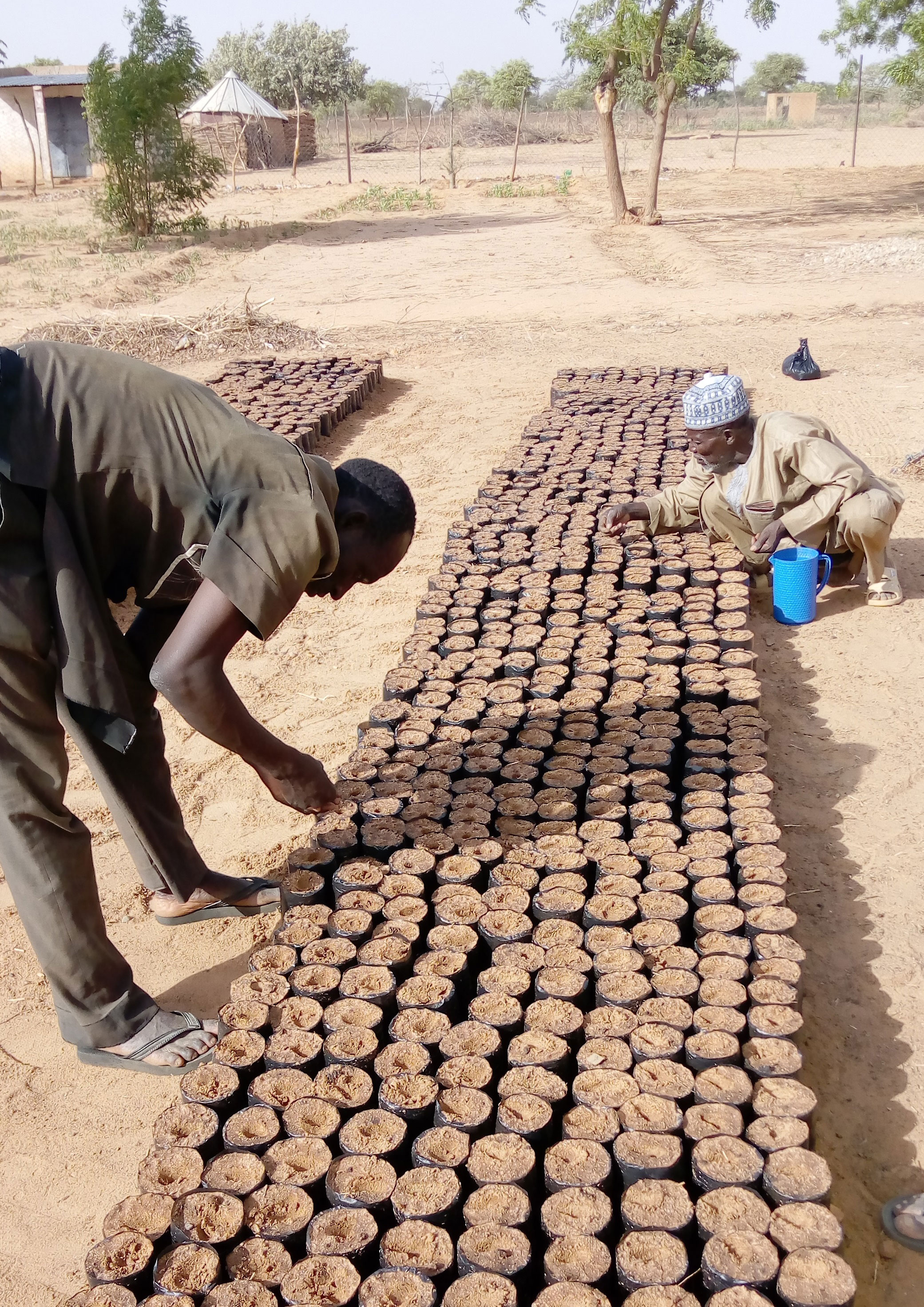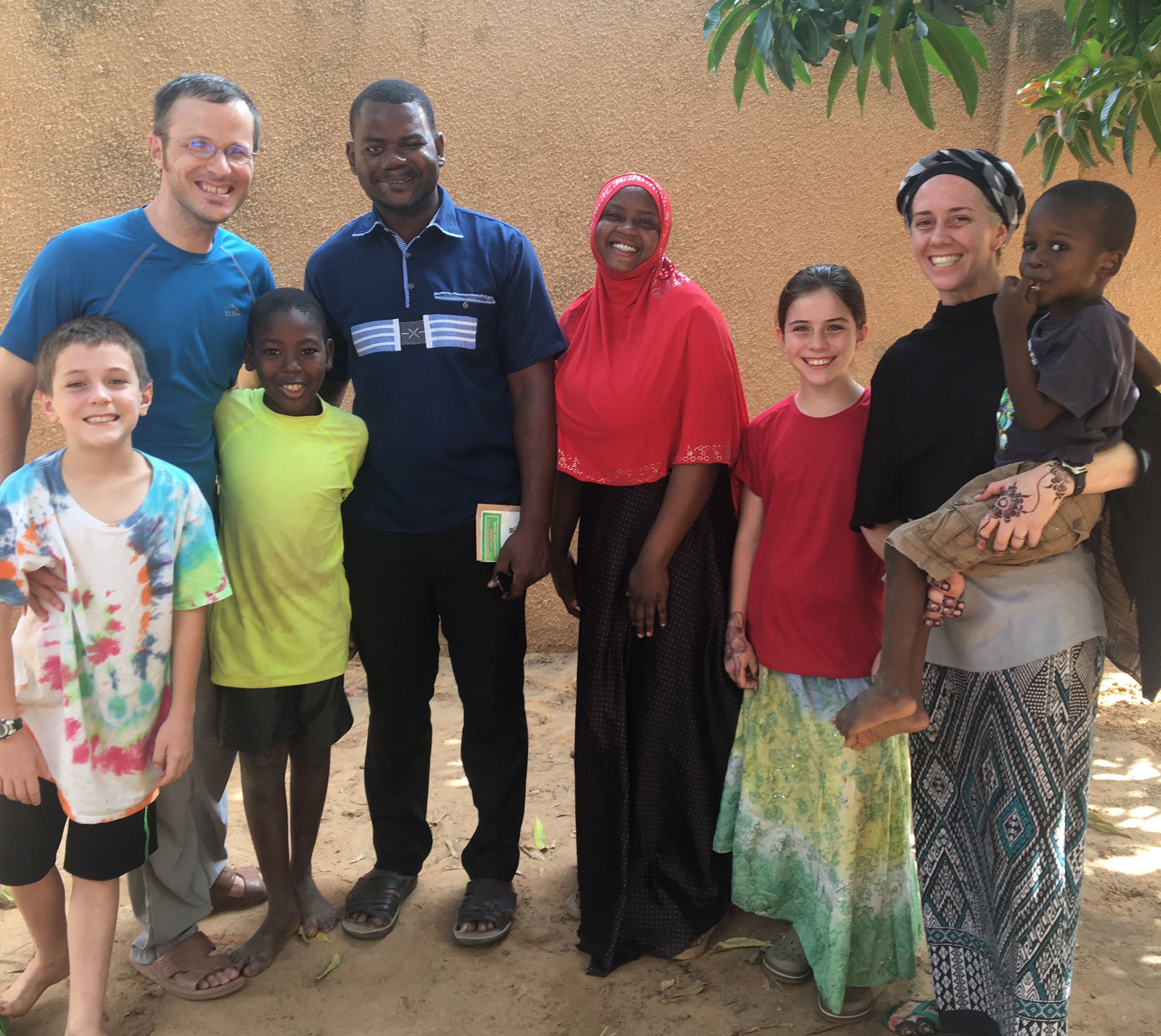A Letter from Michael and Rachel Ludwig, serving in Niger
Summer 2021
Write to Michael Ludwig
Write to Rachel Ludwig
Individuals: Give online to E200513 for Michael and Rachel Ludwig’s sending and support
Congregations: Give to D507575 for Michael and Rachel Ludwig’s sending and support
Churches are asked to send donations through your congregation’s normal receiving site (this is usually your presbytery).
Subscribe to our co-worker letters
Dear friends,
It has been said that the best investment for a year is to plant grain, the best investment for a decade is to plant trees, and the best investment for a lifetime is to educate people (attr. Guan Zhong). We’re in a time now of thinking about those kinds of lasting impacts and what is a worthy investment. As many of you know, we’ll be ending as Mission Co-workers with our partners, the Evangelical Church in Niger (known by the French acronym “EERN”), at the end of the year. Before saying our final goodbye, we want to lift up another aspect of the EERN’s lasting impact on this country by introducing our new friend, Ado.
People described Ado to me as an older man who is wise in trees. He’s probably only about 50, but his long years of tending gardens in the sun have given him a wrinkled and wise, although toothless, grin. Some twenty years ago, he was trained in everything about trees and agroforestry by one of the pioneers of “re-greening the Sahel.” His trainer was a missionary who first discovered that the most important way to fight the creeping desert is to educate farmers to stop cutting the little bushes in their fields that will later grow into hardy trees. Since Ado learned the uses of so many trees and methods of reproducing them well, he has always kept a passion for growing trees and helping people get the most benefit from them.
When the EERN made a joint proposal with the PC(USA) for increasing the trees around its churches and schools, the first person they sought out was Ado. Many EERN congregations and pastors already see the value of trees because of what they’ve gotten from them in the past. Trees that are trimmed for firewood can be a major source of revenue once a year. Many have experienced that the fields with good trees in them are stronger. But few are so invested in trees and work with them daily like Ado. He’s one of the only trainees that continued working with trees when his trainer left and has always had a business of operating a small orchard near his village.
Ado quickly saw the significant potential for this tree planting program to help restore and strengthen the yield of the fields around the Bible schools. He recommended we focus on Gao trees (a local variety of Acacia), which are good at putting nitrogen back into the soil. They strangely lose their leaves during the rainy season, but that means they don’t block the sun as much when crops are growing.Having knowledgeable people like Ado around is a huge part of the church making an impact. With a local tree expert, the church can do this work at a fraction of the price an NGO would be paying. Ado knows the lowest prices and local ways of getting the supplies that can do the job. He can also give good, long-term advice, like adding trees for breaking the wind, which would otherwise carry leaves and good topsoil away.
But still, there are so many obstacles to having these well-treed fields, which have become clearer the more I work with the church leaders on implementing the program. The success of an initiative like this also falls upon having conscientious leaders who are not only saving in the budget but also looking at the realities of the multi-layered problems people face. In addition to the practice of field-clearing farming or aggressive herding common in Niger, there’s the scarcity of water and the constant pressure for cooking fires. We’ve mentioned before how needing so much firewood for cooking is a major problem that our Community Health Evangelism (CHE) training is trying to help address with more efficient clay cooking stoves. But the reality of the situation is that there is little to stop people from going out when no one is around and cutting down carefully planted trees for firewood in the coming years, bringing the whole effort back to ground zero. In the past, the Bible schools have assigned students to rotate guarding the fields to prevent this at the start of other tree projects. But that is a hard practice to sustain and spread to villages where we hope to have pastors implement similar efforts with trees.
Access to water is another huge part of mitigating the problems of raising trees through their most vulnerable time of development. This is where our colleague, Jim McGill, is instrumental as a Mission Co-worker assisting the EERN in implementing a Water and Sanitation program. The EERN’s newest vision for this is to have a bore-hole for every pastor or evangelist. That can help bring growth to the community through better health and sanitation, tree growing, and possibly even producing more food.
Ultimately the impact that the EERN is hoping to make comes back to stewardship—being good stewards of trees and fields, which leads to better health for all of God’s people. Thank you for your continued relationship and support that allows this good stewardship and our role in this kind of impact. We continue to pray for the EERN and all of us to be better sharers of the Good News of God’s care for the spiritual and physical needs of the whole God-created world!
Michael and Rachel Ludwig
![]() You may freely reuse and distribute this article in its entirety for non-commercial purposes in any medium. Please include author attribution, photography credits, and a link to the original article. This work is licensed under a Creative Commons Attribution-NonCommercial-NoDeratives 4.0 International License.
You may freely reuse and distribute this article in its entirety for non-commercial purposes in any medium. Please include author attribution, photography credits, and a link to the original article. This work is licensed under a Creative Commons Attribution-NonCommercial-NoDeratives 4.0 International License.


